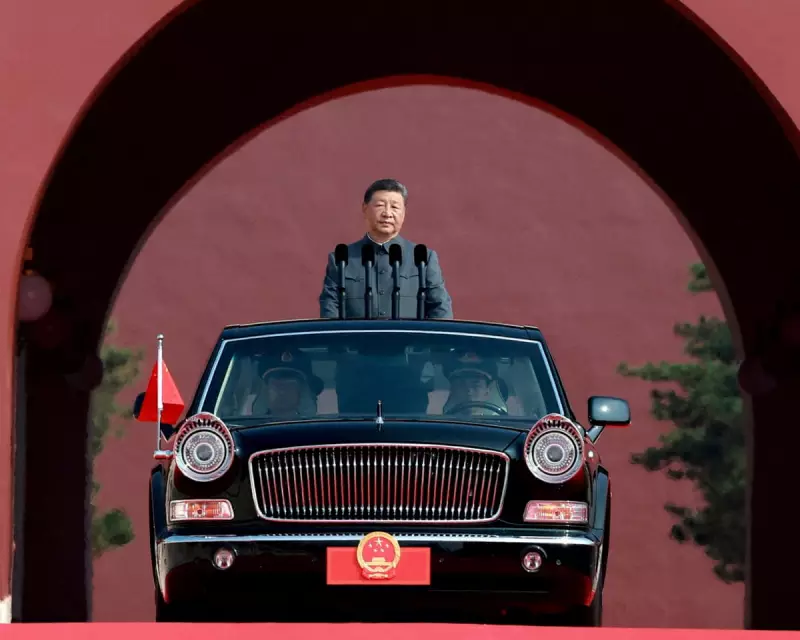
The world holds its breath as Donald Trump's administration prepares to unleash what could become the most aggressive trade offensive against China in modern history. With sweeping new tariffs reportedly in the pipeline, the stage is set for a dramatic escalation that threatens to destabilise the global economic order.
The Looming Economic Battlefield
Sources close to the White House indicate that Trump's team is crafting tariff packages that would dwarf his previous trade measures. The proposed levies could target everything from Chinese electric vehicles to critical electronics, potentially exceeding 60% on certain imports. This represents not merely a trade policy adjustment but a fundamental reshaping of US-China economic relations.
Beijing's Calculated Response
Unlike the surprise that characterised Trump's first-term trade offensive, China appears to be preparing its countermeasures with cold precision. Analysts suggest Beijing has learned from previous encounters and now possesses a more sophisticated playbook for economic confrontation.
"China won't be caught off guard this time," explains Dr Eleanor Vance, senior fellow at the Royal Institute of International Affairs. "They've spent years diversifying their trade relationships and building strategic reserves. The element of surprise that Trump once enjoyed has evaporated."
Why This Time Is Different
Several critical factors distinguish this impending trade war from previous skirmishes:
- Geopolitical positioning: Both nations have hardened their stances on Taiwan and South China Sea issues
- Domestic pressures: China faces economic challenges that might make compromise more difficult
- Global alignment: Other nations have grown wary of being caught in the crossfire
- Supply chain maturity: Companies have already begun decoupling operations
The UK's Precarious Position
Britain finds itself in an particularly vulnerable position. As both a close US ally and significant trading partner with China, London faces impossible choices. The government must navigate between supporting Washington's stance while protecting British businesses from collateral damage.
"The UK economy could suffer disproportionately from this confrontation," warns Michael Redwood, chief economist at Global Trade Analytics. "Our financial services, automotive, and technology sectors all have deep connections to both economies. There's no clean path through this minefield."
The Bluff That Could Backfire
Some analysts suggest Trump may be overestimating China's willingness to fold under pressure. President Xi Jinping faces his own domestic political constraints and cannot afford to appear weak in the face of American demands.
The critical question becomes: what happens when neither leader blinks? The global economy hangs in the balance as these two economic superpowers engage in a high-stakes game of chicken that could redefine international trade for generations.





